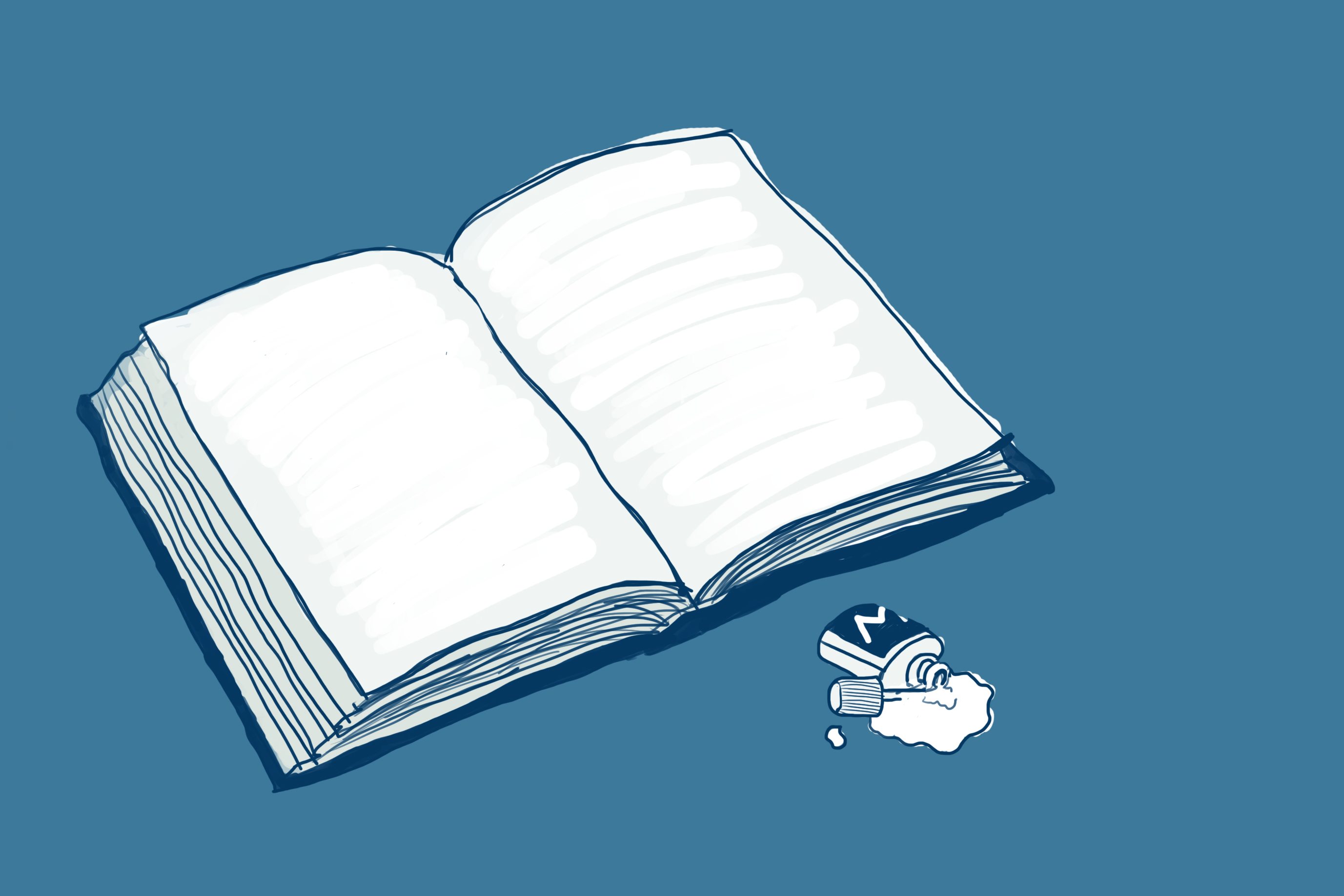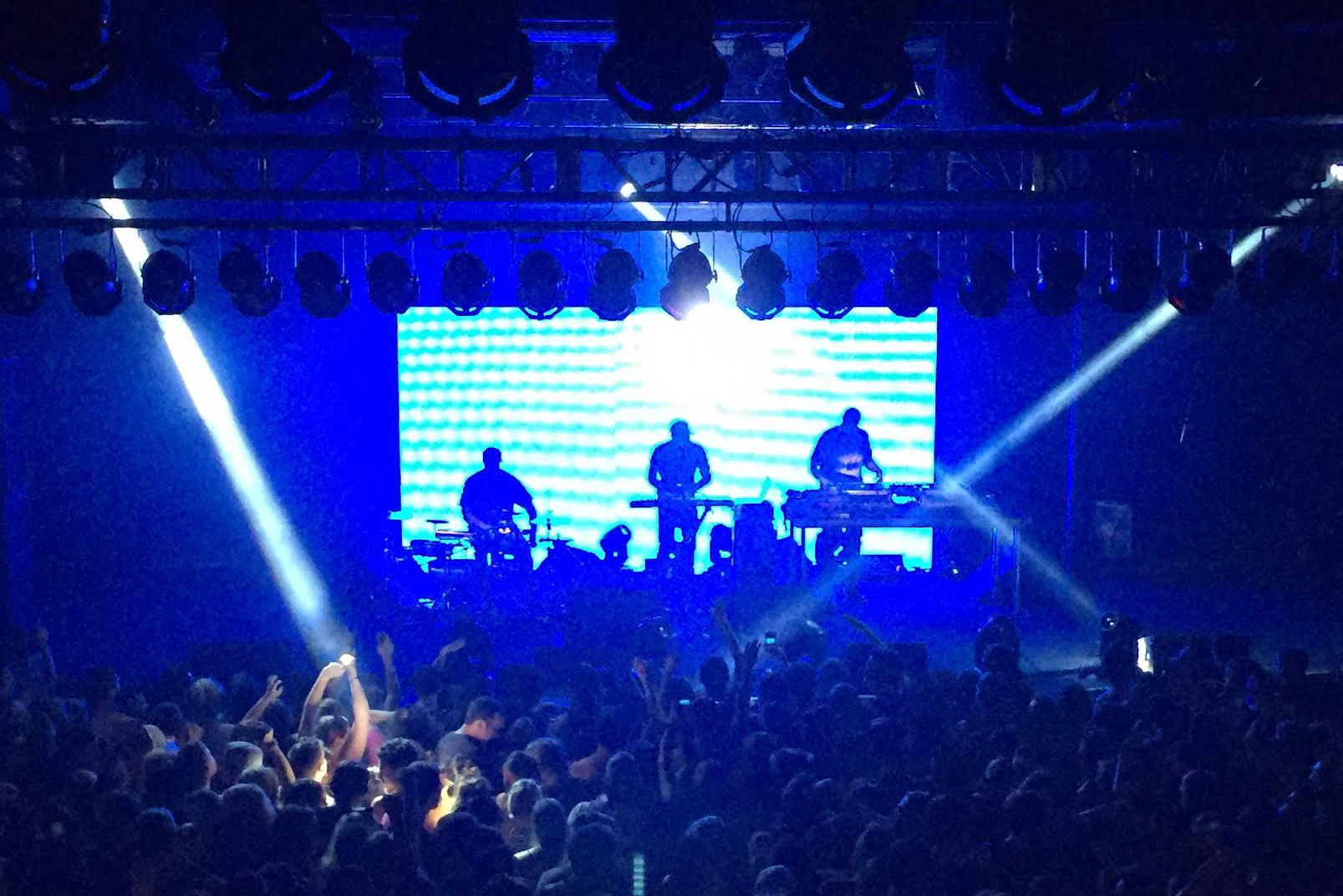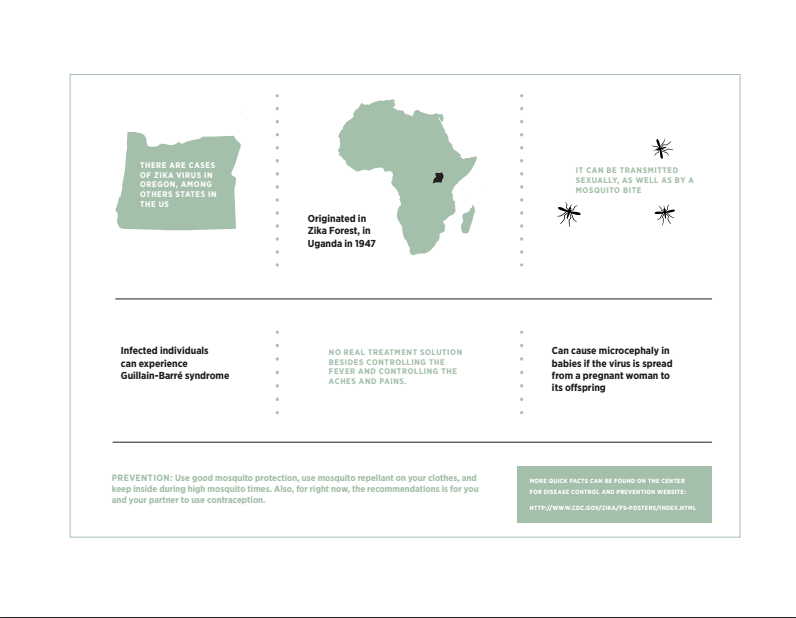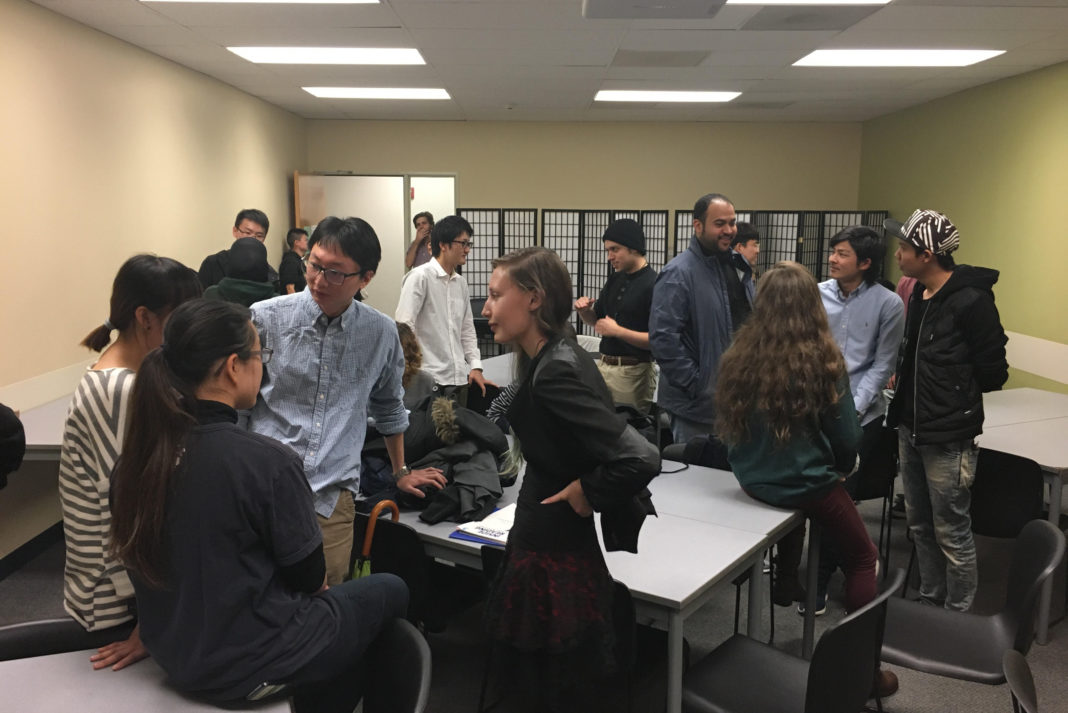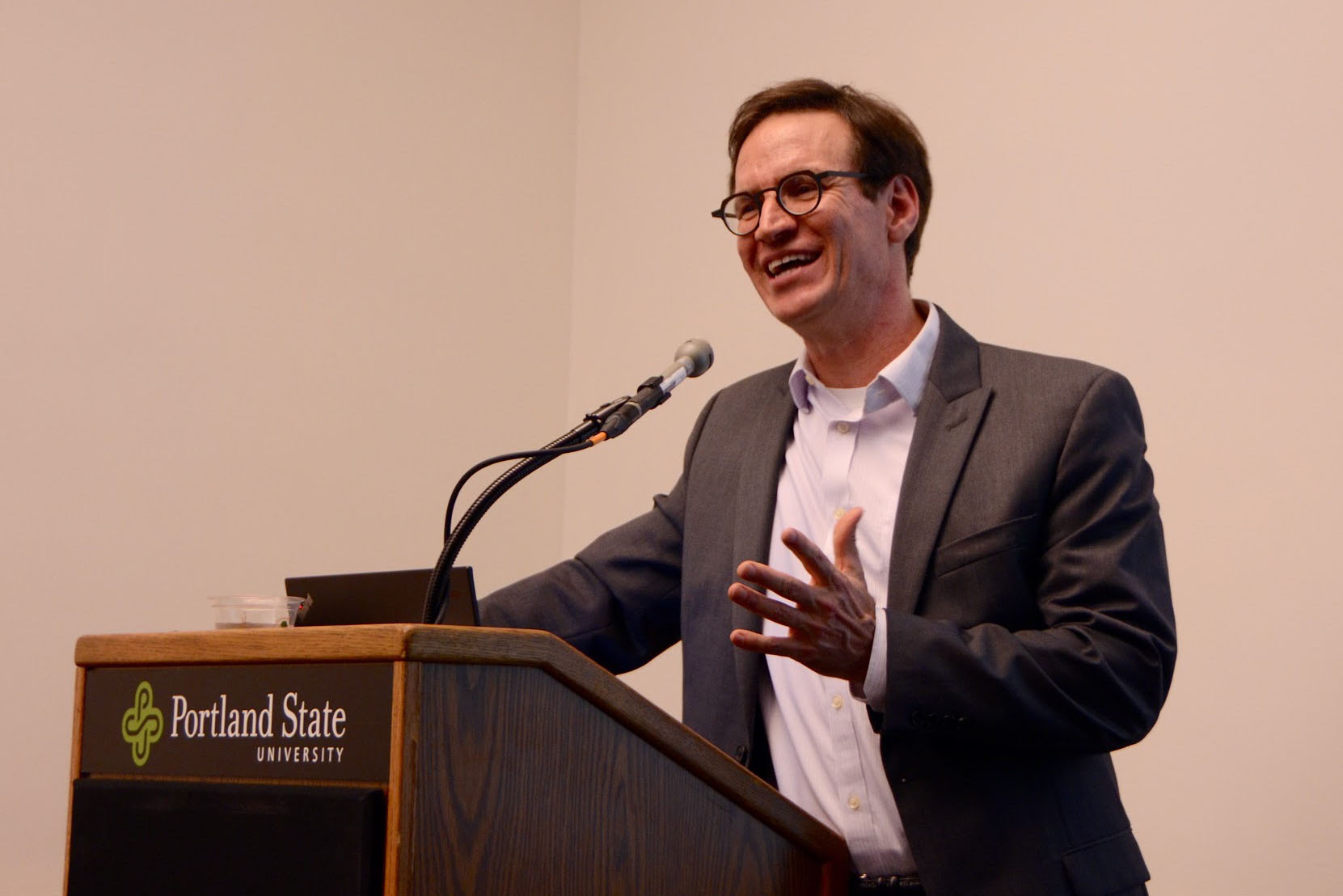China’s Communist Party and social media are at odds with the representation of Chinese history, according to Leo Timm, a reporter from the Epoch Times who focuses on China. The intent of the “Patriotic Education” policy is to label the last 100 years of Chinese history as a “century of humiliation.”
According to Timm, Chinese youth are disinterested in learning about their country’s history due to state censored access to information through the Patriotic Education policy; a new policy put in place as a result of the Tiananmen Square massacre of 1989.
“The massacre renewed the Communist Party’s claim to exclusive political authority,” Timm stated. The policy attempts to control and censor media platforms like textbooks, newspapers and entertainment so that the details of these events showcased favorably toward the Communist Party. The Party’s objective is to gain loyalty among Chinese citizens in the hope that public opinion of the Party will change.
Jeffrey C. Kinkley is a recently retired Courtesy Professor of History, World Languages, Literature and Professor of Chinese at St. John’s University in New York City. Having looked through many Chinese textbooks books written under the Patriotic Education policy, Kinkley stated that many of the books blame positive consequences such as economic booms on the 1949 Maoist revolution.
The New York Times labeled the policy as “stated-sponsored amnesia,” or a loss of memory about events in Chinese history. The Party removed and changed details of incidents in Chinese history because they wanted “the intelligence of its people to remain at the level of children in a kindergarten,” in order to unify the country.
The most recent disturbance missing from educational textbooks is the Tiananmen Square Massacre of 1989, in which the Chinese government lashed down on unarmed student rebellions with gunfire. The Communist Party has never admitted its part in the violence against unarmed students. Political reforms have worked to maintain Communist authority through media regulation and censorship.
According to the New World Encyclopedia, in 1949 Mao Zedong began the conversion to Maoism; or a variation on Marxism. These ideologies changed Chinese history dramatically; they rejected democratically based beliefs in an effort to unify China under Communism.
Kinkley cited an altered instance as the defeat of the Japanese in World War II. According to textbooks the victory is believed to be from Communist military in North China, instead of the U.S. invasion. Kinkley and Timm both included other historic events that the Communist Party altered in textbooks to change public opinion.
“The Great Leap Forward,” in 1958 in which China transitioned from an agrarian farm society to the industrialized empire seen today lost somewhere between 14 to 43 million people due to a famine in the process. The “Cultural Revolution” from 1966-1976 also lost half a million lives in social upheaval that nearly brought China to war. These events are documented differently in Chinese textbooks and media.
Kinkley believes young people don’t care to look up accurate information; they are disinterested in understanding famous leaders such as Mao, Marx or Lenin. He continued by saying the Chinese youth are oblivious to political messages.
Kinkley said the force of globalization has provided information to the younger Chinese generations through social media platforms like Facebook and Twitter. Unifying China under the same Communist ideology is difficult with the addition of outside influence that provide people greater access to information.

